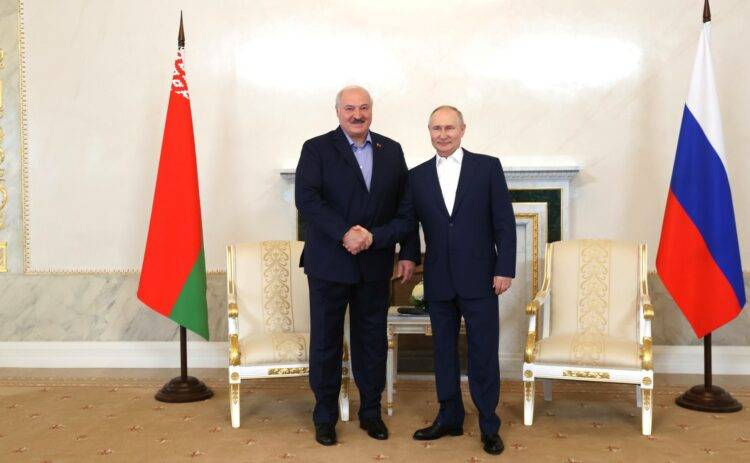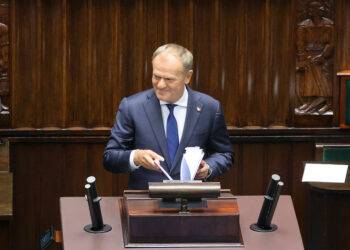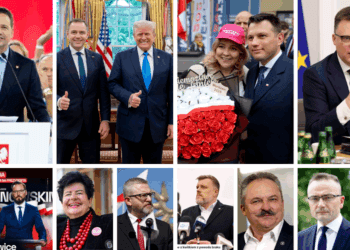Belarusian dictator Alexander Lukashenko revealed that the Wagner Group had requested permission to move westward for a trip to Warsaw and Rzeszow. During a meeting with Vladimir Putin in St. Petersburg, Lukashenko expressed concerns about the mercenaries’ intentions and their knowledge of the situation around the Belarusian state.
On Saturday morning, the Belarusian dictator arrived in St. Petersburg for a meeting with the Russian leader. During their conversation, Lukashenko mentioned the talks with Wagner Group mercenaries stationed in Belarus.
“I probably shouldn’t say this, but I will. We started to stress the Wagner guys. They asked for permission to move westward, saying, ‘Let us go!’, and I replied, ‘Why would you go westward? We control everything.’ They answered, ‘Well, let’s take a trip to Warsaw and Rzeszow,'” quoted Lukashenko, according to the regime’s Belarusian news agency BelTA.
According to Lukashenko, the mercenaries are currently “in the center of Belarus,” differing from the Belarusian Ministry of Defense’s announcement that they were participating in exercises near the Polish border.
“I don’t want to move them. Their intentions are not good, and they are well aware of what’s happening around the Union State,” added Lukashenko.
During the meeting, Lukashenko also presented Putin with a map showing “the transfer of Polish troops to the borders of the Union State.” He claimed that Poland was using a “smokescreen” by providing military assistance to Ukraine and supporting its NATO membership.
“Under the pretext of NATO accession, Poland wants to take over western Ukraine. This is payment for the active involvement of Poles in the operation against the Russian Federation’s troops,” Lukashenko stated.
He emphasized that Belarus would not accept the detachment of western Ukraine, the fragmentation of Ukraine, or the transfer of its territories to Poland. However, if necessary, Belarus would support the Western Ukrainian population.
As for the Wagner Group’s presence in Belarus, after a one-day march to Moscow, the mercenaries were moved to Belarus. General Roman Polko, former GROM ( Polish special operations unit) chief, mentioned their presence near Poland’s eastern border and cautioned against glorifying the Wagner Group, describing them as a small group of opportunistic criminals and bandits motivated by financial gain, rather than capable warriors.
- Thank you for reading the article – we’re glad you are with us.
- Follow us on Facebook and Twitter to stay up to date with News from Poland.
- For the most beautiful pictures of Poland – follow us on Instagram.

















